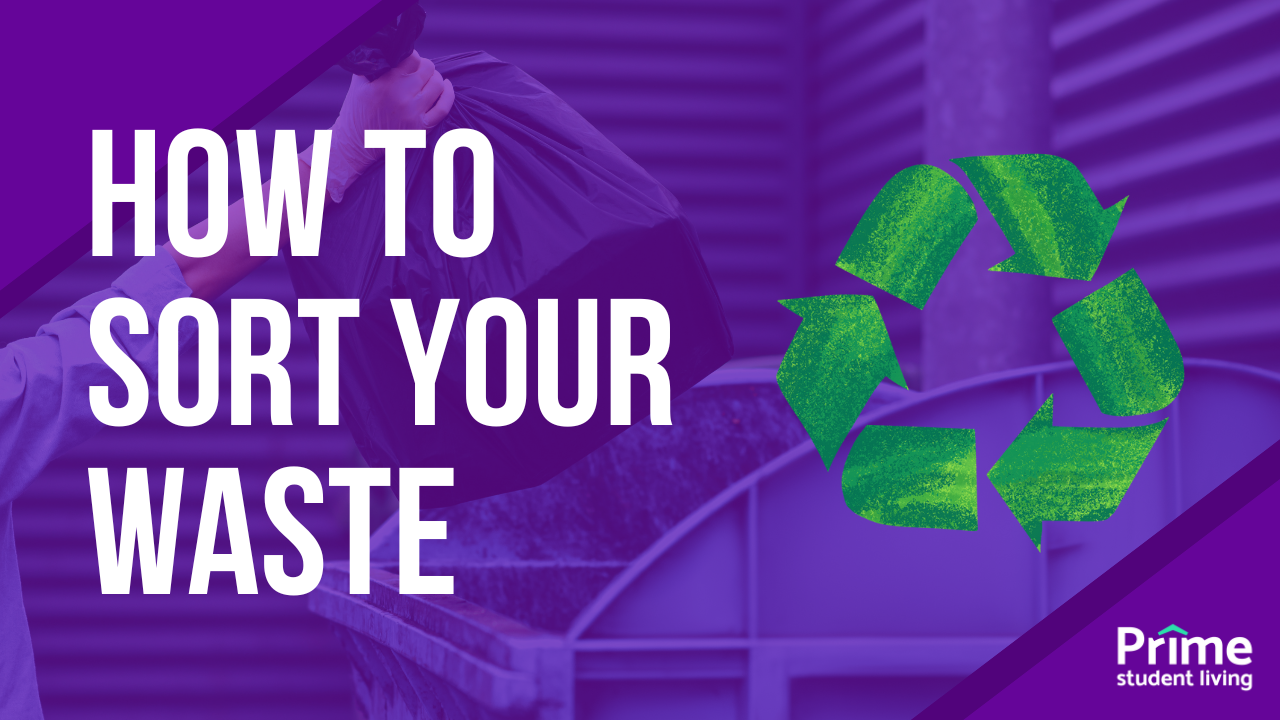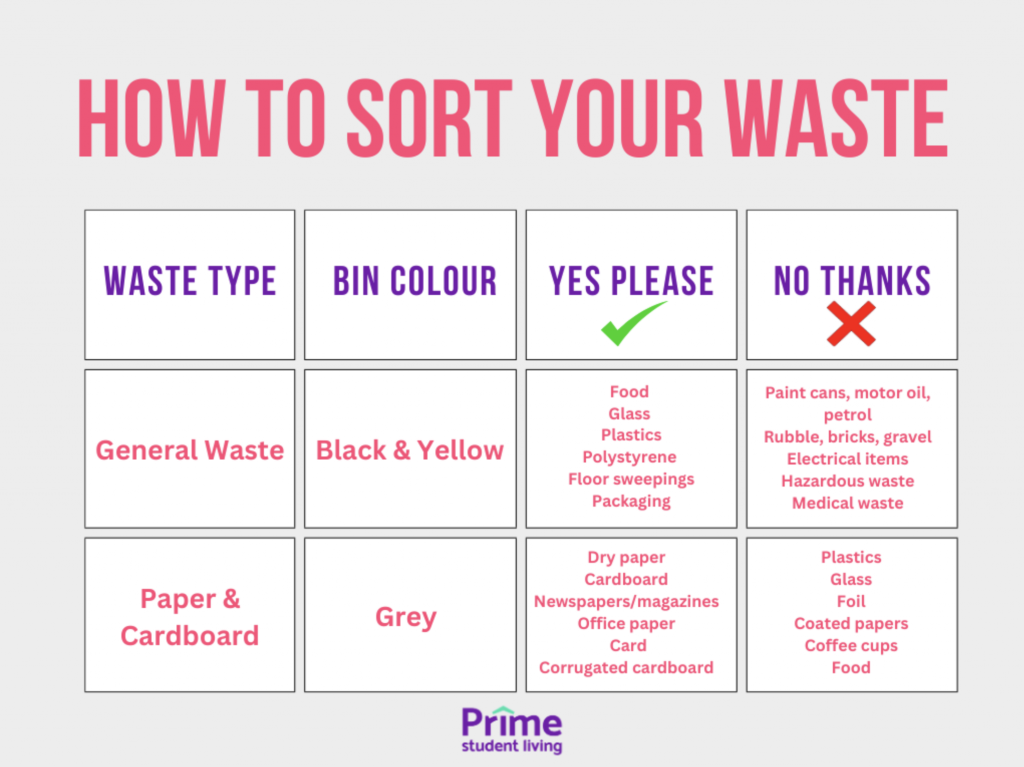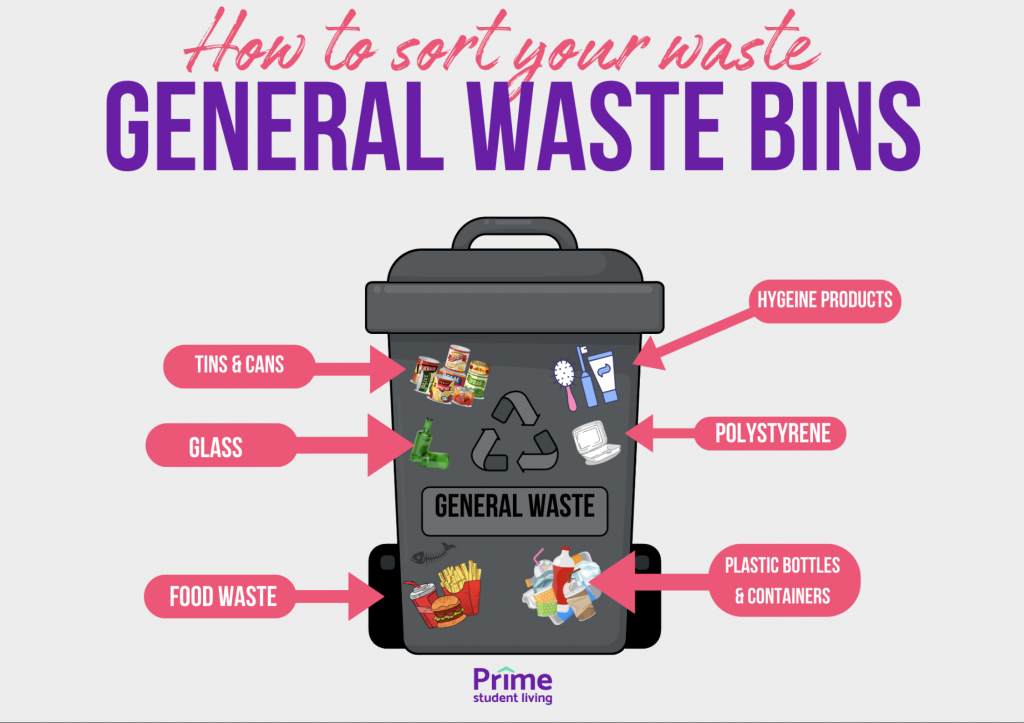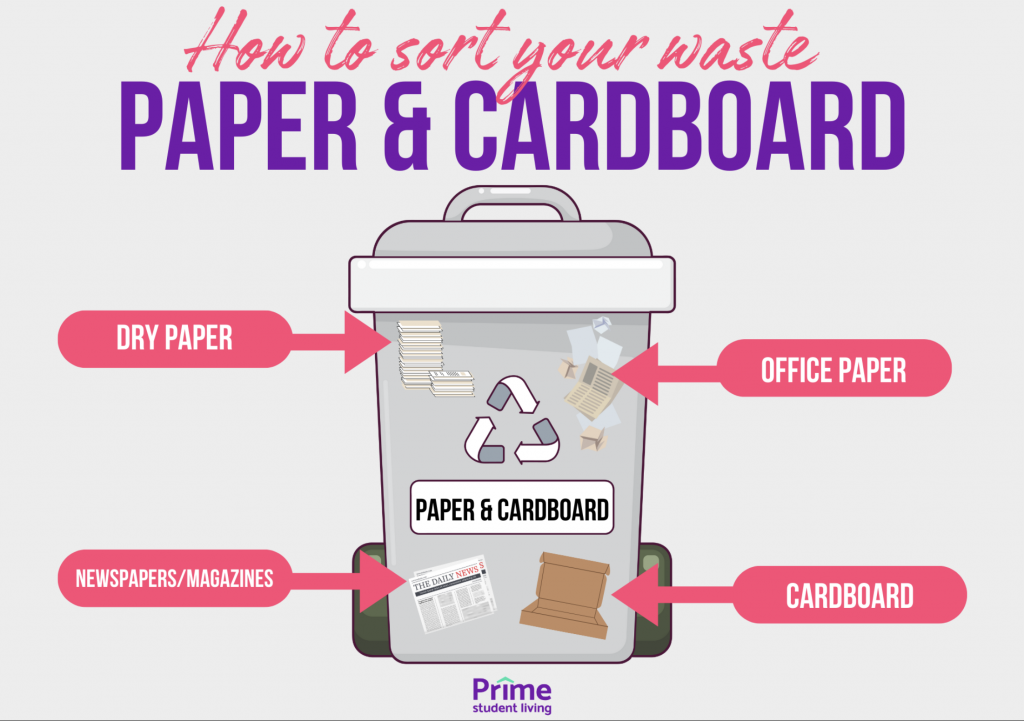
21 Feb How to sort your waste effectively
Waste sorting is a critical process that involves segregating various types of waste materials based on their characteristics and proper disposal requirements. Although it may appear simple, its significance cannot be overstated in the realm of waste management, offering a multitude of benefits for both the environment and the community.
Primarily, waste sorting facilitates the more efficient and effective processing of waste. By categorising different types of waste materials, recycling facilities can streamline their operations, enhancing their ability to process and recycle these materials. Consequently, this reduces the volume of waste destined for landfills, thus conserving precious natural resources. Recycling enables the reuse of materials, thereby minimizing the need for extracting new resources, which further contributes to environmental preservation.
Moreover, waste sorting extends beyond environmental benefits to encompass economic and social advantages. Properly segregating and disposing of hazardous materials, such as medical waste or chemicals, plays a pivotal role in accident prevention and safeguarding community health. This not only protects individuals but also fosters a safer and healthier living environment for everyone.
In essence, waste sorting is indispensable for creating a more sustainable and healthy world. By segregating different types of waste materials, we can mitigate the environmental impact of waste, unlock economic opportunities, and enhance public health and well-being.
To effectively sort your waste, follow these simple steps:
- Familiarise yourself with the guidelines provided for waste disposal in your property. Educate yourself on the types of materials that belong in the designated bins.
- Before heading to the bin store, separate your rubbish into distinct piles based on the designated categories. This preparatory step ensures that you dispose of your waste correctly and contribute to the efficient sorting and recycling processes. You can learn how to do this by following the examples below:



Waste sorting stands as a fundamental pillar of responsible waste management, offering lots of benefits that extend far beyond its seemingly straightforward process. By systematically categorising waste materials based on their characteristics and disposal requirements, individuals and communities play a vital role in preserving the environment, conserving natural resources, and safeguarding public health.
From reducing the burden on landfills to fostering economic opportunities through recycling, the impact of waste sorting can be seen across various aspects of society.
Therefore, embracing waste sorting not only contributes to a more sustainable and healthy world but also empowers individuals to become stewards of their environment.
Through collective action and commitment to waste sorting practices, we can pave the way towards a greener, cleaner future for generations to come.


